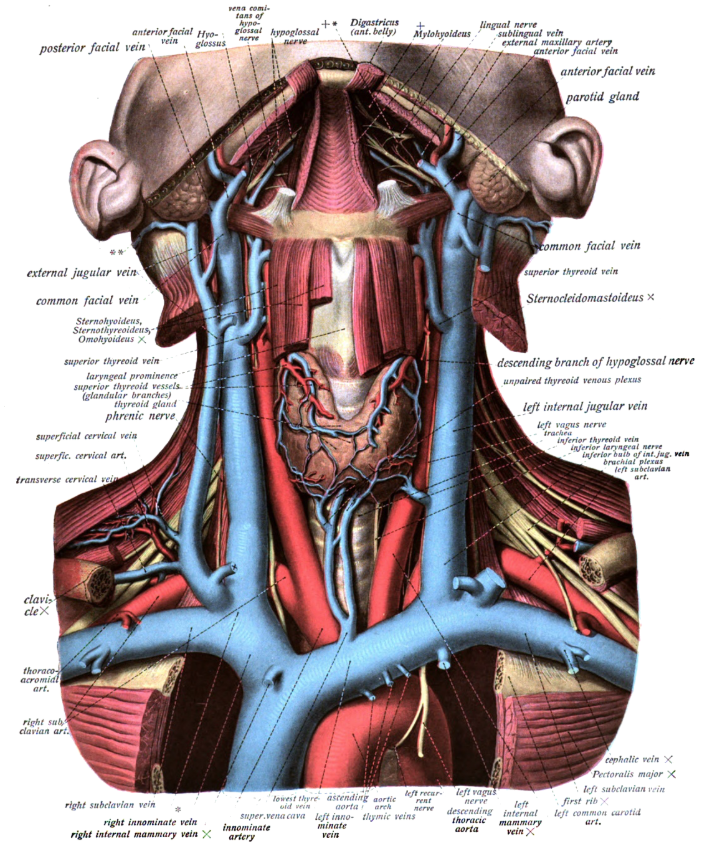The risk of complications of central line placement varies with the experience of the operator and the conditions emergency vs. The internal jugular subclavian and femoral veins can be accessed for fluid infusion blood sampling hemodialysis cardiac pacemaker placement and measurement of central. Elective under which the line is placed.
central line placement anatomy
Central venous line placement is typically performed at four sites in the body.
Central line placement anatomy. Nonetheless some general statements can be made and used when obtaining consent from a patient. The right or left internal jugular vein ijv or the right or left subclavian vein scv. Risks associated with central venous catheterization include infectious mechanical and thrombotic complications. Understanding the anatomic relationships of the large veins used for placement of central catheters is key to successful cannulation and avoidance of complications.
10 top tips for central line placement duration. A long catheter may be advanced into the central circulation from the antecubital veins as well. Alternatives include the external jugular and femoral veins. A central venous catheter cvc also known as a central line central venous line or central venous access catheter is a catheter placed into a large veinit is a form of venous accessplacement of larger catheters in more centrally located veins is often needed in critically ill patients or in those requiring prolonged intravenous therapies for more reliable vascular access.
Malangoni introduction understanding the anatomic relationships of the large veins used for placement of central catheters is key to successful cannulation and avoidance of complications. The internal jugular subclavian and femoral veins can be accessed for fluid infusion blood sampling hemodialysis cardiac pacemaker placement and measurement of. Chapter 40 central line anatomy mark a.






















